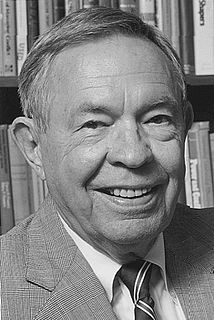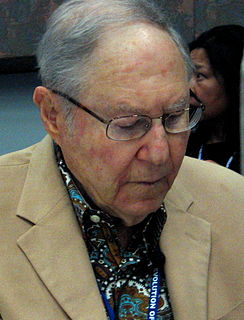A Quote by Philip Yancey
Parents learn the uses of power and its limits. They can insist on certain outward behavior but cannot change inner attitudes. They can require obedience but not goodness - and certainly not love.
Related Quotes
As patterns of obedience develop, the specific blessings associated with obedience are realized and belief emerges. Desire, hope, and belief are forms of faith, but faith as a principle of power comes from a consistent pattern of obedient behavior and attitudes. Personal righteousness is a choice. Faith is a gift from God, and one possessed of it can receive enormous spiritual power.
An adolescent does not rebel against her parents. She rebels against their power. If parents would rely less on power and more on nonpower methods to influence their children from infancy on, there would be little for children to rebel against when they become adolescents. The use of power to change the behavior of children, then, has this severe limitation: parents inevitably run out of power, and sooner than they think.
Change is difficult and it takes time. It is hard for people to change their own behavior, much less that of others. Change programs normally address attitudes, ideas, and rewards. But the behaviors of people in organizations are also strongly shaped by habits, routines, and social norms. Real change requires new power relationships, new work routines and new habits, not just intent.
I like aristocracy. I like the beauty of aristocracy. I like the hierarchical feeling.You could claim that it's due to my military experience. But it came before that. I love their freedom of behavior. They're not constrained by penal attitudes, puritanical attitudes about behavior, both socially and morally. They have a freedom that I admire. An unquestioned freedom.
I am certainly not proposing that we wait passively for the people in power to change their minds. I think we need to be confrontational, to expose the truth in ways that are uncomfortable and that, yes, require courage. What I caution against is using hateful rhetoric to inspire action, and I see a lot of that today. We strengthen the underlying field of hatred, dehumanization, and conquest. It certainly doesn't engage what allows people to do courageous things and to commit deeply, which is the experience of beauty, love, grief.



































